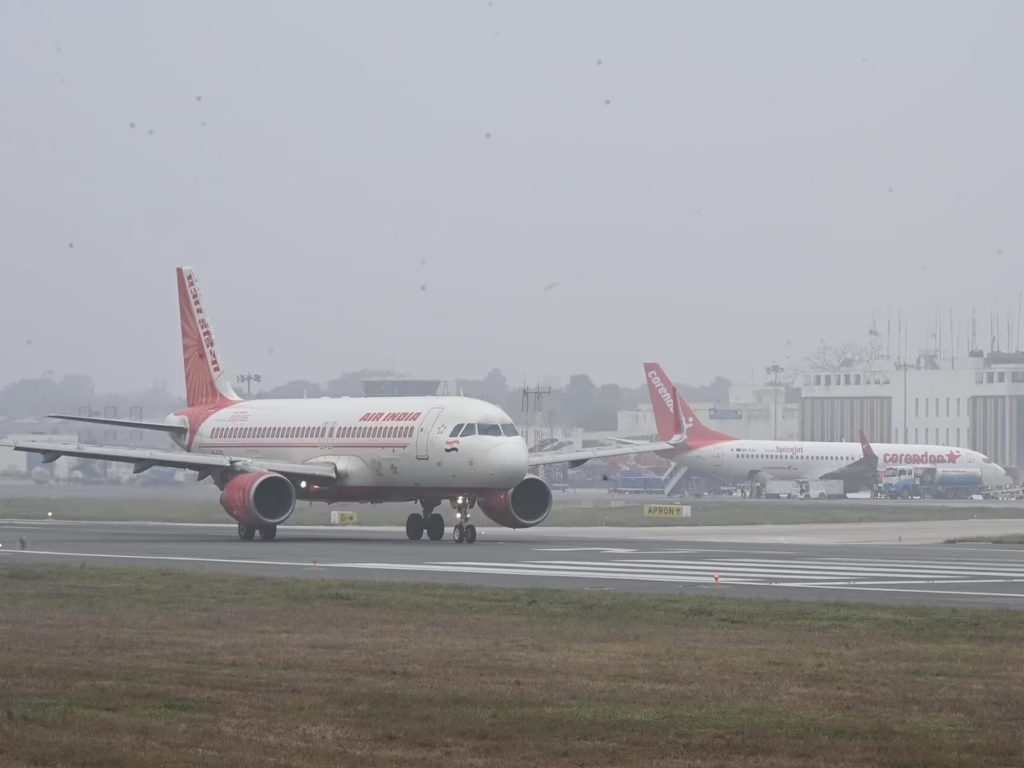Now Reading: “Nothing for You to Eat”: Indian Vegetarian Woman’s Food Struggle in South Korea Raises Eyebrows Across India
-
01
“Nothing for You to Eat”: Indian Vegetarian Woman’s Food Struggle in South Korea Raises Eyebrows Across India
“Nothing for You to Eat”: Indian Vegetarian Woman’s Food Struggle in South Korea Raises Eyebrows Across India

An Indian woman living in South Korea recently shared a food dilemma that struck a chord back home: as a strict vegetarian, she found herself staring at limited and unappealing meal choices—so much so that she joked, “there’s nothing for you to eat.” Her story resonated widely, especially among people in Tier 2 cities who know the challenge of adapting to regional food cultures. It turned into a larger conversation about comfort food, identity and the need for cultural awareness.
The Vegetarian Wall in Korea
South Korea’s cuisine revolves around meat-based dishes, with only a handful of vegetarian-friendly options. Traditional staples like kimchi often still use fish sauce, leaving vegetarians stranded between bland options or expensive imported substitutes—even in vibrant food markets.
Why It Strikes a Chord at Home
In smaller towns across India, vegetarianism is a daily lifestyle—not a choice. When cuisine doesn’t accommodate that, it feels personal. The story tapped into shared frustrations: being invited places and having very little—or no—suitable food to eat can trigger more than hunger; it’s about feeling excluded.
Leveling Up Cultural Sugarcoating
This isn’t a call to shun local food—it’s about inclusion. Simple gestures like labeling dishes clearly or offering a vegetarian version of sautéed vegetables can make a huge difference. It’s a basic ask: respect someone’s dietary choices, and let them share the meal, not just the table.
What It Means for Indian Travellers
Asia is becoming more connected, and more Indians are travelling or working abroad. This experience highlights the importance of research, planning and, when possible, community support. Vegetarians can pack snacks, learn a few food phrases in local language or connect with cultural groups to keep their plates—and spirits—full.
Conclusion
A joke born from menu frustration did more than entertain—it sparked a moment of cultural empathy. For our readers in smaller cities, it’s a reminder: whether home or abroad, food is never just sustenance—it’s community, identity and comfort. And once someone feels included at the table, even a simple meal can mean the world.
























